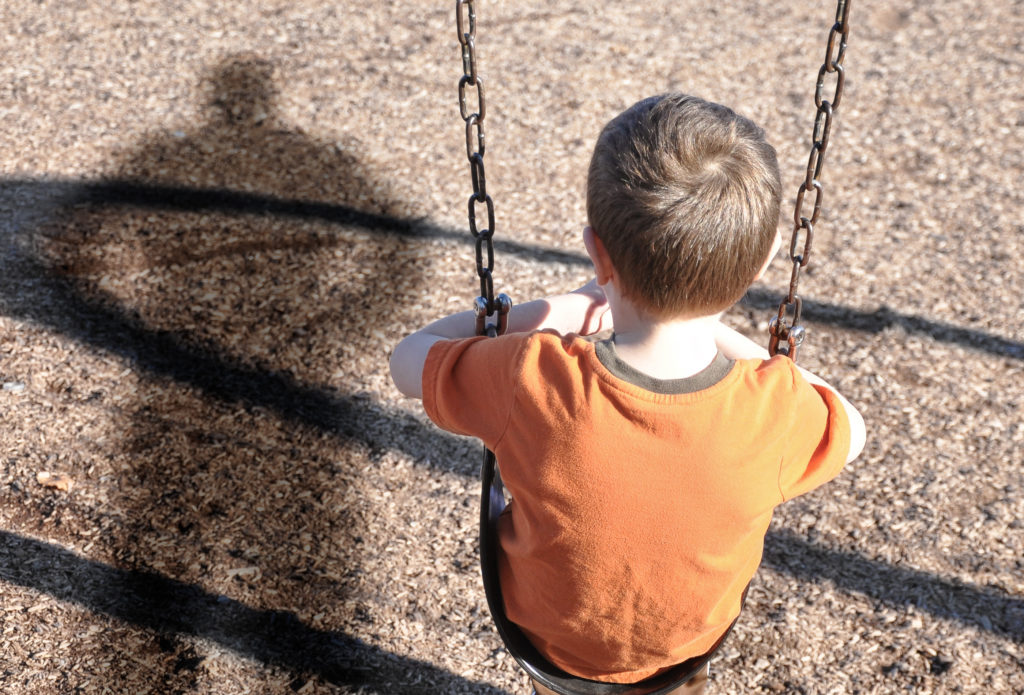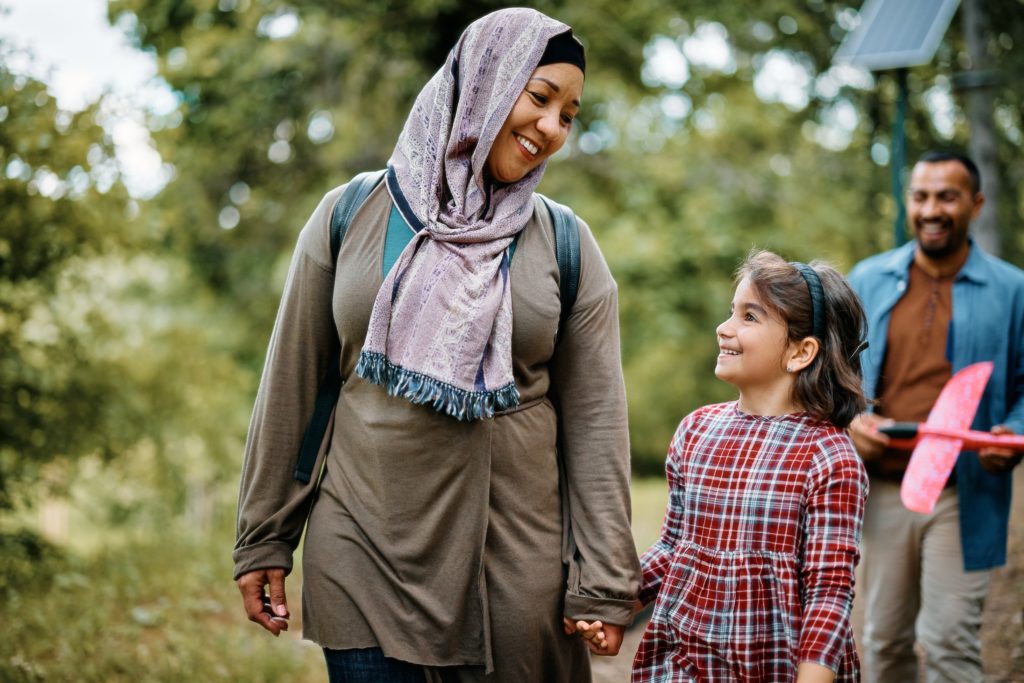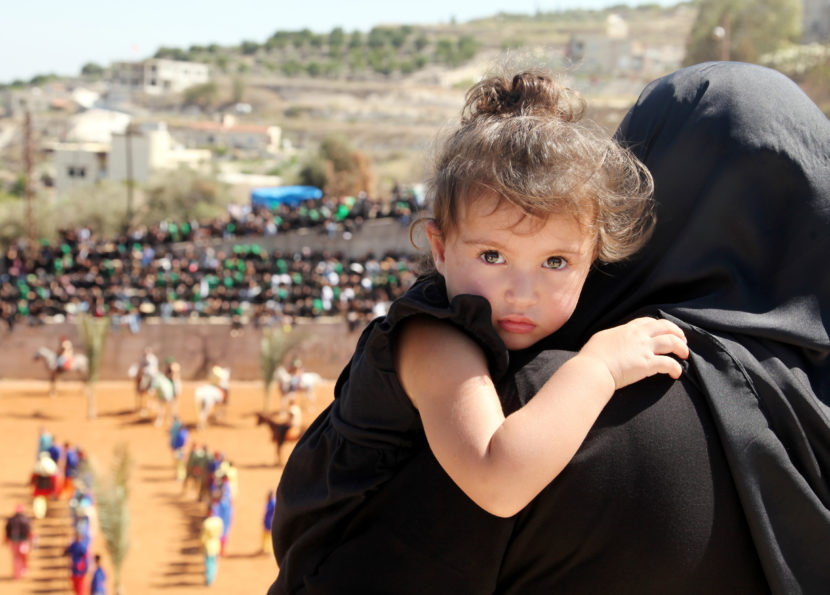The Middle East has seen a progressive increase in verbal abuse, a condition that runs counter to the Convention on the Rights of the Child. According to studies, between 70 and 80 percent of young people in the Middle East have experienced verbal abuse (Addustour, 2009). The usual verbal abuse directed at minors comes from their parents, teachers, and school officials.
Although there are a number of difficulties with verbal violence prevention, communities and local governments in the region of the Middle East have failed to give verbal abuse the weight that it deserves in order to help children and youth live a better life free of any kind of violence.
What is verbal abuse?
The American Psychological Association defines verbal abuse or verbal violence as “extremely critical, threatening, or insulting words delivered in oral or written form and intended to demean, belittle, or frighten the recipient.” (American Psychology Association, 2023). Moreover, verbal abuse is considered both mental and psychological abuse (Wikipedia, 2023). It may involve a variety of behaviors such as name-calling, shouting or yelling, criticizing and judging, blaming, and contempt.
The United Nations Convention on the Rights of the Child protects children’s rights to a life free of all sorts of abuse and neglect, including mental violence. In fact, Article 19 of the United Nations Convention on the Rights of the Child declares that every child has the right to be safeguarded from all forms of violence or abuse. As a result, all parties are required to safeguard children’s rights by all relevant means, and the offender must be punished in accordance with the prior agreement and each country’s national laws (UNCRC, 1989).
The incidence of verbal abuse against children in the Middle East
Verbal abuse is a phenomenon that is not restricted solely to the Middle East. The World Health Organization has indicated that 35% of adults in the world were exposed to verbal abuse as children, but the concern in the Middle East is that these figures are hugely higher specifically for verbal violence against young people (WHO, 2020).
According to a UNICEF study performed in 2007, “more than two-thirds of children in Jordan are subjected to verbal abuse by their parents, school teachers, and administrators” (UNICEF, 2007). This percentage may rise in countries such as Lebanon, where a study conducted by the Department of Community and Family Medicine to examine the physical and verbal abuse of schoolchildren discovered that verbal abuse is the most common occurrence, with 81.2% of schoolchildren experiencing verbal abuse at least once (El Bcheraoui, 2007).
An applied research study on 3000 students in the United Arab Emirates found that verbal abuse occupied the largest proportion among the various kinds of violence, without specifying the specific amount (Al-Noaymi, 2013).
According to the results of the above-mentioned surveys, the primary causes of verbal violence against children are parental and school staff abuse (Al-Zgalat, 2009). Due to daily stressors, financial problems, and hurdles in the Middle East, children are often subjected to verbal abuse. Furthermore, the prohibition of physical violence against children in certain Middle Eastern nations may lead to parents resorting to verbal abuse as a form of punishment.
Long-term side effects of verbal violence
There are numerous unintended consequences of verbal aggression that Middle Eastern locals might not be aware of. These impacts might range from anxiety, sadness, poor self-esteem, behavioral, and social disorders to mental illness, drug misuse, or suicidal conduct (Croft, 2022).
According to Melissa Barsotti, a certified clinical social worker, a kid’s psyche may be negatively impacted by verbal aggression, particularly if the child is exposed to it throughout their early infancy (Psychcentral, 2023). Abused children will, without a shadow of a doubt, have a tendency toward violence against other siblings, friends, and school colleagues, which may lead to an unending cycle of abuse.

According to Harvard University research, verbal abuse may be as destructive as physical or sexual assault (Harvard Gazette, 2007). According to the findings, verbal abuse that is persistent and severe increases the risk of developing post-traumatic stress disorder, the same type of psychological breakdown that Iraqi combatants experienced in Iraq.
Others have linked childhood verbal abuse to an increased likelihood of having unstable, hostile personalities, narcissistic behavior, obsessive-compulsive illnesses, and paranoia. In fact, Dr. Teicher, Associate Professor of Psychiatry and Director of the Developmental Biopsychiatry Research Program at McLean Hospital since 1988, believes that verbal abuse may have more long-term repercussions compared to other forms of assault because it is often more continuous and is usually paired with physical abuse and neglect (Cromie, 2007).
Challenges in preventing verbal violence in the Middle East
There are various obstacles that may impede the Middle East from addressing the verbal abuse crisis. In reality, there is a dearth of understanding in the local communities regarding detecting indicators of verbal abuse, since recognizing signs of verbal violence is more difficult than recognizing signs of physical violence. Furthermore, communities regard physical hostility as more urgent than verbal violence, particularly in crisis zones.
The second obstacle that may be encountered is the scarcity of studies that have been undertaken on the use of verbal violence against children in the Middle East, not to mention the lack of studies of this sort in places that are now experiencing armed conflict. There are only a few studies that are relevant to this subject, with UNICEF conducting the majority of them. More research on verbal violence against children in the Middle East would give a solid knowledge foundation to learn more about its causes, the degree of its occurrence, and measures to counteract it.
When it comes to avoiding verbal abuse against children, one of the most significant challenges is the lack of rules and regulations or the ineffectiveness of such laws and regulations. According to a report published by Human Rights Watch in 2022, many nations in the Middle East either do not have any laws or regulations prohibiting violence against children (such as Iraq, Syria, and Yemen), or they have laws and regulations that ban violence against children but do not completely prohibit it (such as Jordan, Saudi Arabia, and the United Arab Emirates). As a result, Israel is the only nation in the Middle East to have enacted legislation that, in practice, prohibits violence against children (Human Rights Watch, 2020).
Most effective ways to protect children against verbal abuse
Due to the aforementioned challenges, the Middle East region still has a long way to go to attain adequate protection methods. Fortunately, numerous organizations and institutions within a society can play an important role in assisting national initiatives to promote a safe school environment free of all forms of violence.
Among different ways to address this problem, raising awareness campaigns such as school-based events aimed at disseminating educational and positive methods for guiding and modifying student behavior among teachers; community events and festivals to encourage intolerance to violence in schools; and extensive coverage in the press in order to promote the initiative can help shine a light on this issue. (Al-Zgalat, 2009).
Furthermore, children’s and family councils and centers, which have been formed by several of the region’s governments, may help to raise awareness of children’s rights and prevent violence against them. These institutions’ efforts are mostly directed toward combating physical violence. There is yet optimism that civil rights institutions will play an effective role in protecting children from this type of violence as well in the future.

Humanium has long pushed for a society in which children’s rights are recognized and safeguarded, and no child should ever be subjected to any kind of violence. It is working hard to promote a safer and brighter future for the children of the Middle East by offering legal support and raising awareness about children’s rights and the need to put an end to violence against children. The outcome will be different because of your help.
Please consider making a donation, sponsoring a child, or volunteering with us as you help us make the world a better place for kids. You’ve been a great help to us!
Written by Malak Rababa
References:
Ali Ahmed, A. (2016, February 19). Is verbal abuse becoming common in the UAE’s schools?. Retrieved from Khaleej Times at https://www.khaleejtimes.com/uae/verbal-abuse-becoming, accessed on May 8, 2023.
Al-Noaymi, B. (2013, February 8). Results of the first survey of violence in the UAE community show that verbal abuse is the most common. Retrieved from Al-Bayan at https://www.albayan.ae/across-the-uae/, accessed on May 7, 2023.
Al-Zghalat, B. (2009, October 4). Children are subjected to verbal abuse by their parents and teachers in schools. Retrieved from Addustour at https://www.addustour.com/articles/802725-70, accessed on May 8, 2023.
American Psychology Association. (2023). verbal abuse. Retrieved from American Psychology Association at https://dictionary.apa.org/verbal-abuse, accessed on May 7, 2023.
Elayyan, K. (2007). Violence Against Children: Study in Jordan. Retrieved from Jordankmportal at https://jordankmportal.com/resources/violence-against-children, accessed on May 7, 2023.
El Bcheraoui, C., Kouriye, H., & Adib, S. M. (2009). Physical and verbal/emotional abuse of schoolchildren, Lebanon, 2009. Retrieved from World Health Organization at https://www.emro.who.int/emhj-volume-18-2012/issue-10/article-03.html,accessed on May 8, 2023.
Croft, H. (Ed.). (2022, January 2). Effects of Verbal Abuse on Children, Women, and Men www. Retrieved from healthy space at https://www.healthyplace.com/abuse/verbal-abuse/effects-of-verbal-abuse-on-children, accessed on May 8, 2023.
Cromie, W. J. (2007, April 26). Verbal beatings hurt as much as sexual abuse. Retrieved from Harvard Gazette at https://news.harvard.edu/gazette/story/2007/04/verbal-beatings-, accessed on May 11, 2023.
Gordon, S. (2022, November 7). What is verbal abuse?. Retrieved from Very Well Mind at https://www.verywellmind.com/how-to-recognize-verbal-abuse, accessed on May 6, 2023.
Human Rights Watch. (2020). Corporal punishment of children. Retrieved from Human Rights Watch at https://features.hrw.org/features/corporal-punishment-of-children, accessed on May 7, 2023.
LCSW-R, J. E. D. (2022, October 3). Verbal Abuse: Examples, Signs, and Effects. Retrieved from Talk Space at https://www.talkspace.com/blog/verbal-abuse/, accessed on May 6, 2023.
Vardigan, B. (2022, June 12). Yelling at children (verbal abuse). Retrieved from Health Day at https://consumer.healthday.com/encyclopedia/children, accessed on May 8, 20123.


